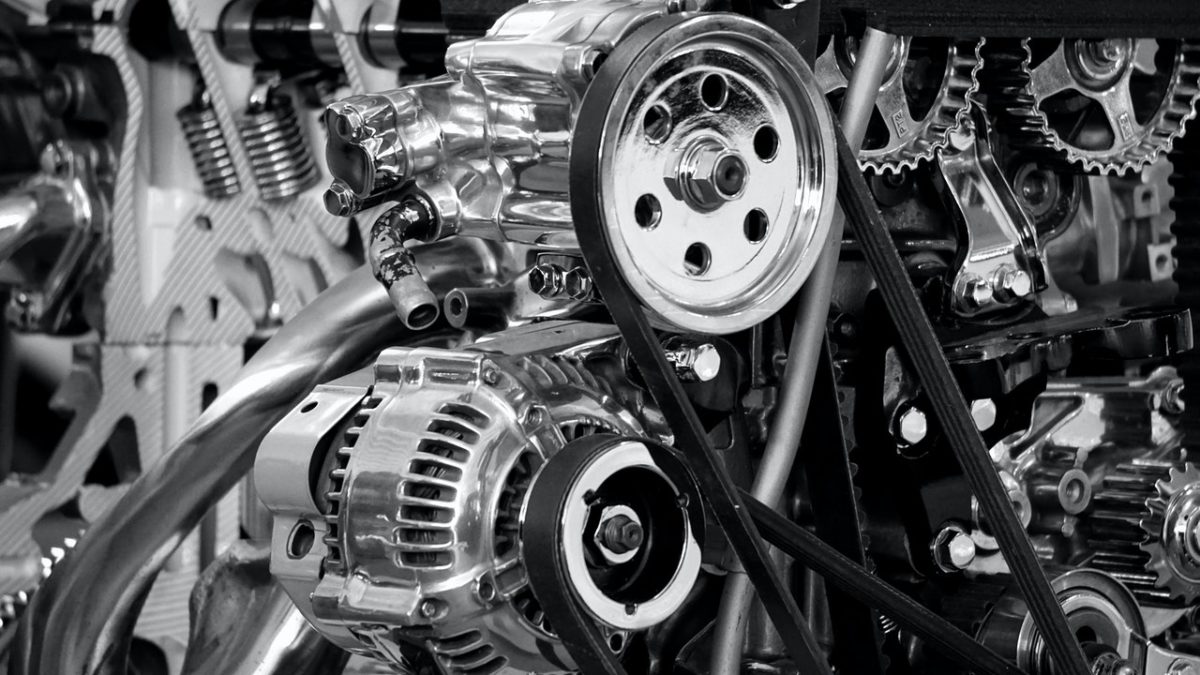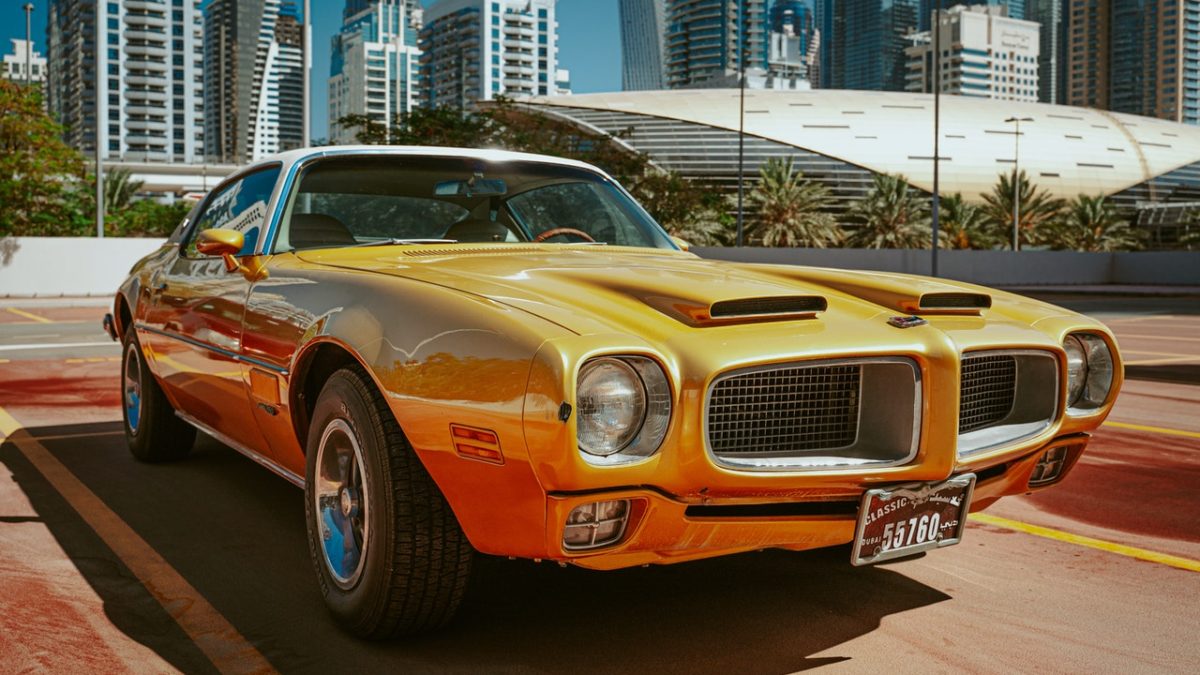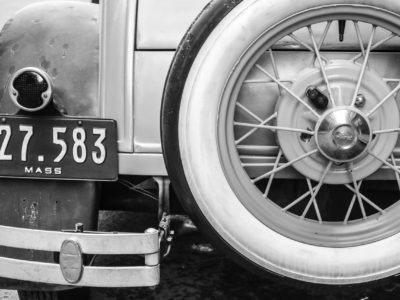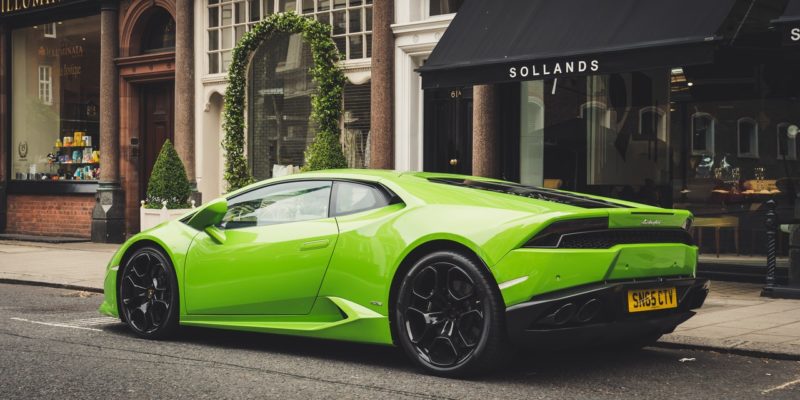
Most people have never really driven a classic muscle car before. Perhaps that’s why the term”muscle car,” is now interchangeable with”sports car” in popular culture. But when you actually get behind the wheel of a true muscle car, it’s easy to see why it is unlike most other cars in the road —- sports cars included. What exactly makes muscle cars so special, though? And how is a sports car vs muscle car defined? As the years have gone , a few of the lines that traditionally separated sports cars out of muscle cars have started to blur. For our purposes however, we will concentrate on a few features that put muscle cars apart from the rest of the pack.
Power —- The first and most important element of a”true” muscle car is really a power-packed engine. Think V8 and upward. Muscle car engines are large and bulky, and they deliver an impact the typical sports car engine simply can not match. That is 1 reason why the handling and feel of a muscle is indeed different from other vehicles.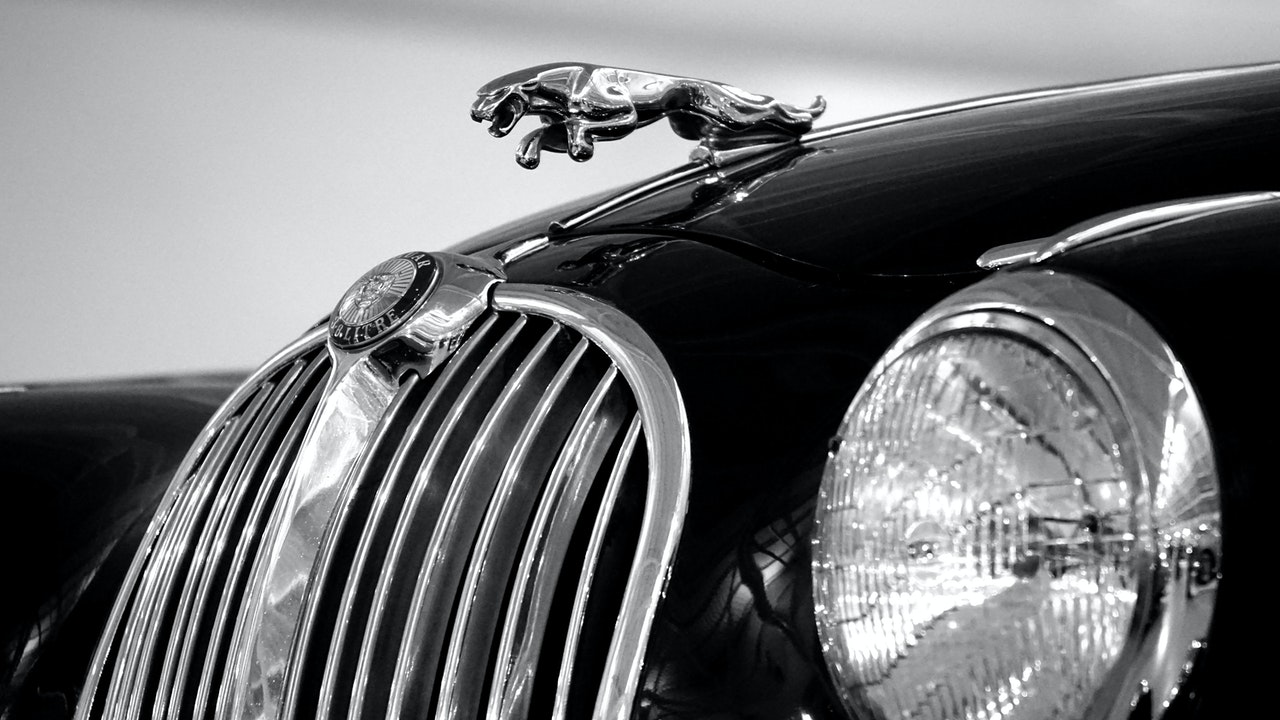
Volume and Body –Since a muscle car must house a thunderous engine, the entire body needs to be large enough to support it. What’s more, the traditional look of a muscle car communicates a sense of their automobile’s potency; if you’ve ever seen a vehicle which looks like it is going to burst out of the seams, it was probably a muscle car.
American-Made —- Yes, muscle cars are a classic innovation. Sure, it is possible for a overseas business to manufacture a muscle car —- but it does not occur very often. Quite simply, the American landscape (particularly the West, and Southwest) lends itself to the distinctive capabilities of muscle cars.
Muscle Car vs Sports Car Pros and Cons
Muscle cars are fabulous road-trip cars. On smooth highways and roads that are straight, muscle cars can express their full potential. But, traditional sports-performance vehicles (sports cars) have milder bodies which make them adept at taking turns, and they usually handle more smoothly. Additionally, a real muscle car can prove to be expensive –even — even within the context of higher-end automobiles. In the end of the day muscle cars aren’t superior to other sports cars, just different.
Muscle Car Restoration
The golden age of the muscle car was unquestionably the late 1960s and early 1970s. Ford Mustangs, Dodge Chargers, and Chevy Chevelles from this era inspired millions of muscle-car fans across the nation. If you’re a muscle enthusiast —- and you’ve always dreamed of restoring a great muscle car –then get in contact with us. It is possible to contact us toll free at 1-844-701-6396 now, or email me directly at dale@precisioncarrestoration.com. We love talking about restoring classic automobiles!


